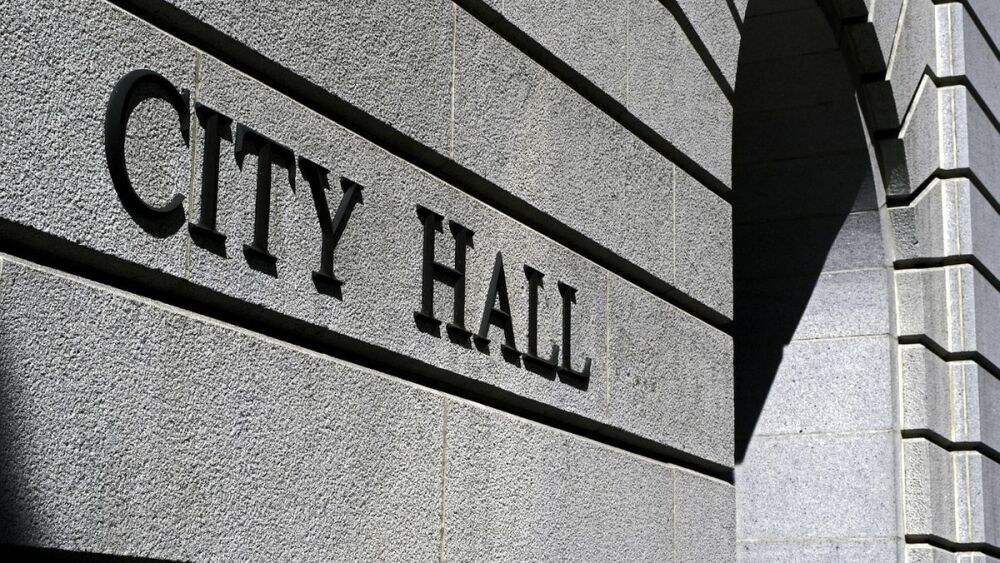By Eric Jaffe
CityLab
Uber isn’t known for working peacefully with cities. Case in point: pretty much everywhere it’s ever launched a new service. But the e-hail cab company seems to be making an effort with public transportation agencies in the U.S., at least if a few early partnerships are any indication.
In Dallas, DART riders can now access Uber via the agency’s mobile ticketing app, a program intended to simplify connections at transit stations. A similar smartphone union has emerged between Uber and MARTA in Atlanta. Transit agencies in Los Angeles and Minneapolis now cover Uber trips as part of their “guaranteed ride home” programs, which reimburse regular commuters who need to travel outside rush hour for an emergency.
Several others cities (Seattle and Tampa among them) are also discussing similar “first mile, last mile” arrangements with transit agencies, according to the Shared-Use Mobility Center, an interest group focusing on shared mobility, which is tracking the partnerships. The hope is that Uber, like other taxi outfits before it, can serve as a feeder option to and from bus and rail stops. Such coordination would benefit both sides by discouraging private car-reliance and encouraging more transit use.
Read full coverage here.


